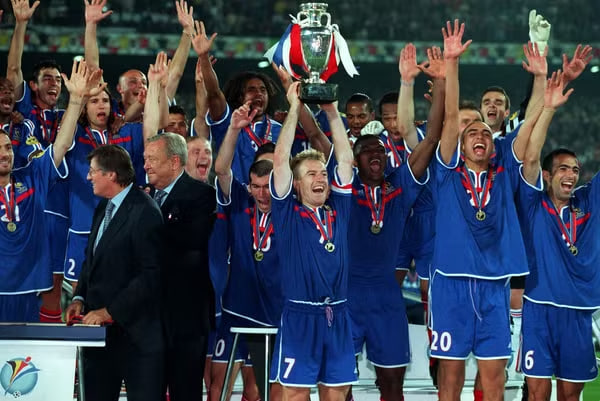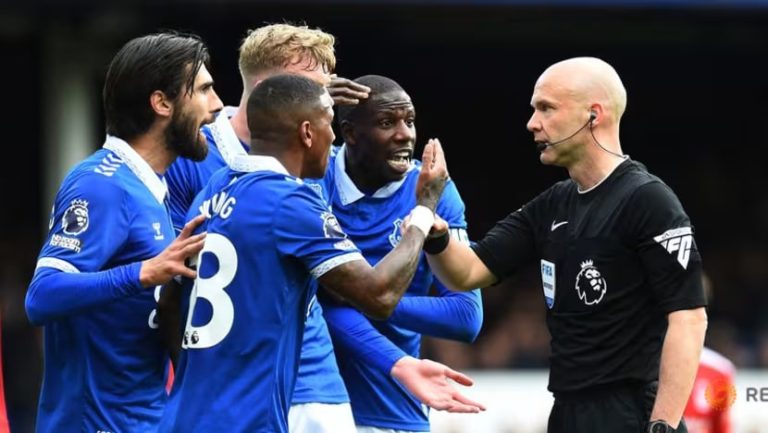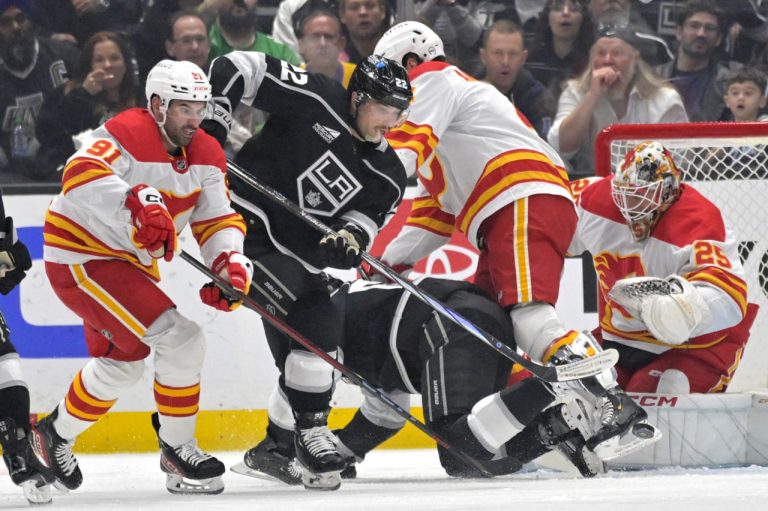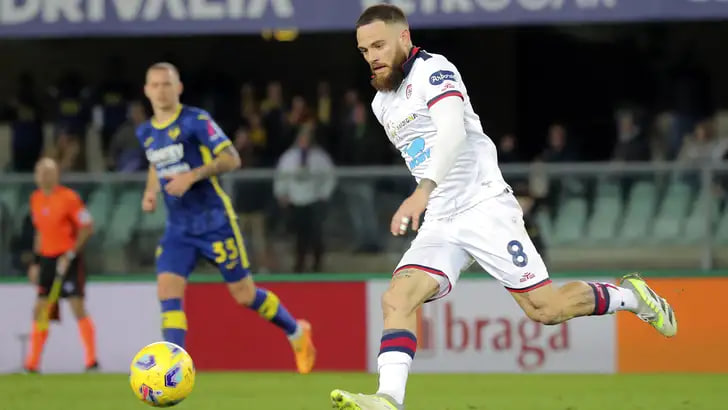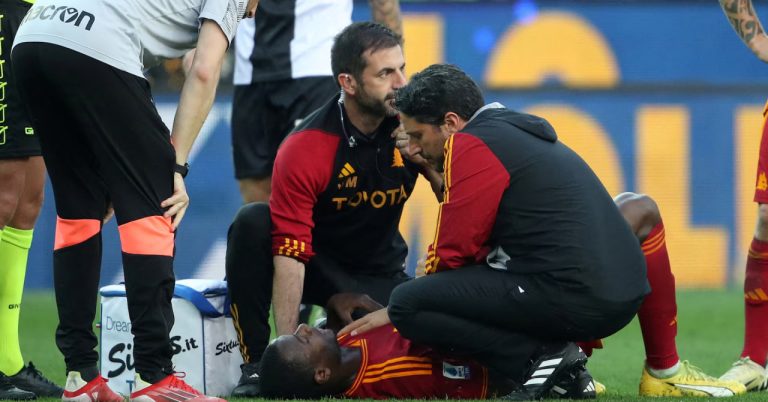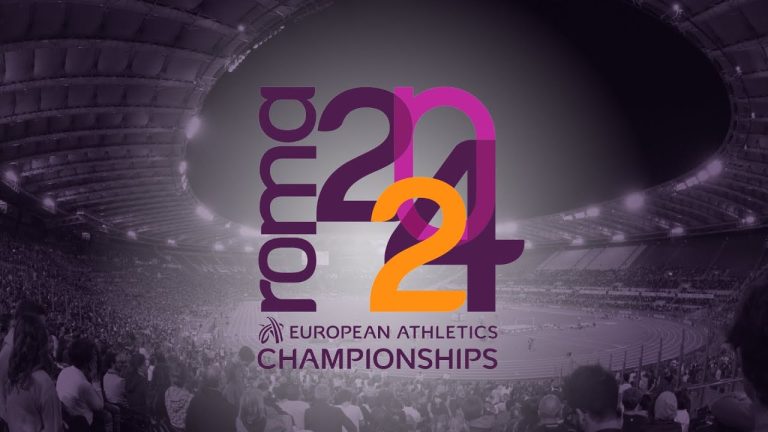EURO Rewind: Zidane Shines as France Clinch European Glory
The 17th European Football Championship is set to begin in Germany on June 14. In anticipation, 24hscore highlights memorable moments from the tournament’s history. For the first time in 2000, UEFA hosted the Euros in two countries, Belgium and the Netherlands, with matches held across four stadiums in each nation.
This tournament marked the second consecutive event featuring 16 teams and the second occasion where a national team held both the World Cup and European Championship titles simultaneously.
Real-time Football scores and highlights.
After West Germany claimed the 1972 European title and the 1974 World Cup on home soil, France replicated the feat in reverse order, winning the World Cup on home turf in 1998 and becoming European champions two years later.
A Dramatic Qualification Campaign
Despite being reigning world champions, France faced significant challenges during their qualification for the Euros, securing their spot with an 88th-minute winner. Under the leadership of Roger Lemerre, Aime Jacquet’s assistant at the 1998 World Cup, France struggled in their qualifying group. They drew 1-1 away to Iceland, narrowly beat Russia in Moscow, drew 0-0 both home and away against Ukraine, and only convincingly defeated Andorra and Armenia. A 3-2 home loss to Russia was followed by a crucial 3-2 victory over Iceland at the Stade de France.
These mixed results left France’s fate hinging on the outcome of the final match between Russia and Ukraine in Moscow. The hosts scored first in the 75th minute, but Andrey Shevchenko’s free-kick, deflected by the goalkeeper, ensured France’s qualification for the Euros while sending Ukraine to the playoffs.
A Group of Champions
The Euro 2000 draw placed four former European Championship winners in Group D: France (1984), the Netherlands (1988), Denmark (1992), and the Czech Republic (as Czechoslovakia in 1976).
With a squad featuring many players from their World Cup triumph, and Zinedine Zidane as the star, France won their first two group matches against Denmark (3-0) and the Czech Republic (2-1). However, they lost 3-2 to the Netherlands in one of the tournament’s most thrilling games.
Finishing second in their group, France overcame Spain 2-1 in the quarter-finals, with Zidane scoring the golden goal in extra time against Portugal (2-1) to reach the final.
Despite a challenging two years after their World Cup victory, Zidane excelled at the Euros, once again orchestrating France’s success on the field.
“Zidane is better now than he was two years ago,” remarked Pele. “He has more confidence to dictate a match as well as star in it… whether he will become one of the greatest players of all time is another question. We’ll have to wait and see.”
Golden Goal Decides a Dramatic Final
Italy dominated their group, which included Belgium, Turkey, and Sweden, winning all three matches. With players like Francesco Totti, Alessandro Del Piero, Pippo Inzaghi, Paolo Maldini, and Fabio Cannavaro, Italy defeated Romania 2-0 in the quarter-finals and overcame the Netherlands in the semi-finals. Goalkeeper Francesco Toldo was the hero, saving a penalty in normal time and two more in the shootout.
Marco Delvecchio gave Italy the lead in the final after 55 minutes, and it seemed they were on course for their second European title. However, France launched a desperate offensive late in the game. David Trezeguet’s flick reached Sylvain Wiltord, whose tight-angle shot slipped under Toldo, forcing extra time.
In the 103rd minute, Trezeguet scored a stunning goal, securing France’s victory with a golden goal, just as Oliver Bierhoff had done for Germany four years earlier. Both scorers were reserve strikers wearing the number 20 jersey.
Team of the Tournament
For the first time, UEFA named a full 22-player squad instead of just a starting XI. Zidane was honored as the player of the tournament.
Goalkeepers: Fabien Barthez (France), Francesco Toldo (Italy)
Full-backs: Laurent Blanc (France), Lilian Thuram (France), Marcel Desailly (France), Fabio Cannavaro (Italy), Paolo Maldini (Italy), Alessandro Nesta (Italy), Frank de Boer (Netherlands)
Midfielders: Demetrio Albertini (Italy), Patrick Vieira (France), Josep Guardiola (Spain), Rui Costa (Portugal), Edgar Davids (Netherlands), Luis Figo (Portugal), Zinedine Zidane (France)
Strikers: Thierry Henry (France), Savo Milosevic (Yugoslavia), Raul González (Spain), Patrick Kluivert (Netherlands), Nuno Gomes (Portugal), Francesco Totti (Italy).

